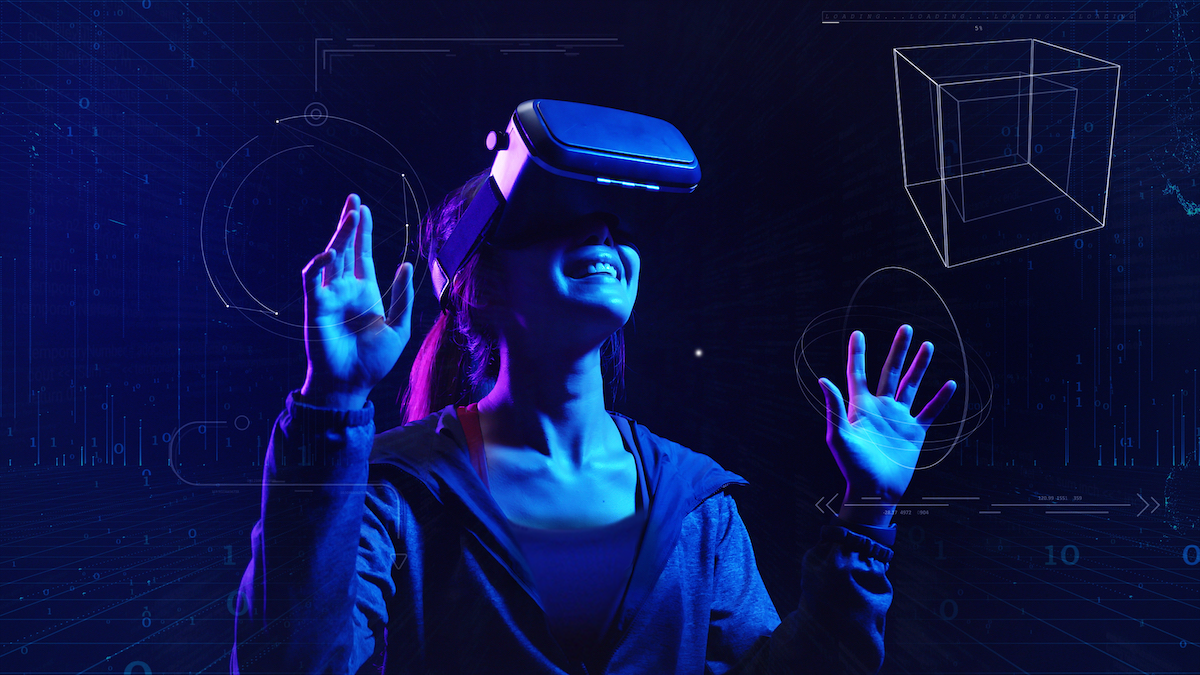
Introduction: The emergence of the metaverse, a concept heralded as the next frontier of technological innovation, has captivated the imaginations of many. Promising immersive experiences and boundless connectivity, it paints a picture of a digital utopia where individuals can transcend physical limitations. However, amidst the excitement and enthusiasm surrounding this technological marvel, critical voices are raising concerns about its potential pitfalls and alarming consequences. In this article, we delve into the complexities of the metaverse, exploring both its promises and perils.
Unveiling the Metaverse: The term “metaverse” may sound futuristic and intriguing, but its precise definition remains elusive to many. Essentially, the metaverse is envisioned as a vast cyber space where individuals interact through avatars in immersive virtual environments. Imagine attending virtual meetings, shopping in digital storefronts, or even socializing with friends, all within a lifelike digital realm. While this concept holds the promise of unparalleled connectivity and engagement, it also raises profound questions about authenticity, addiction, and societal impact.
The Allure of the Metaverse: Proponents of the metaverse, including tech titans like Mark Zuckerberg, envision a future where individuals can feel truly present in digital spaces, regardless of physical distance. Through advanced technology like virtual reality headsets, users can immerse themselves in rich, interactive experiences that blur the line between the real and the virtual. From virtual offices to immersive gaming environments, the metaverse offers a tantalizing glimpse into a world of endless possibilities.
The Dark Side of Immersion: However, beneath the surface allure of the metaverse lies a darker reality. Critics warn of the potential for addiction, as individuals become increasingly enmeshed in virtual worlds at the expense of real-world relationships and experiences. In the pursuit of virtual rewards and achievements, users may find themselves trapped in a cycle of digital consumption, disconnected from genuine human connection and emotion.
The Commodification of Human Relationships: Moreover, the metaverse introduces new complexities to human interaction, particularly in the realm of dating and relationships. In this virtual landscape, individuals may be incentivized to pursue connections based on virtual rewards and point systems, rather than genuine emotional compatibility. Dating becomes a transactional endeavor, with users vying for virtual status and validation, raising troubling questions about the authenticity and integrity of human connection in the digital age.
Environmental and Ethical Concerns: Beyond its societal implications, the metaverse also poses significant environmental and ethical challenges. The energy demands of running extensive virtual worlds, coupled with the potential for data exploitation and privacy breaches, raise concerns about sustainability and accountability. As we venture further into the age of the metaverse, it is imperative that we prioritize ethical considerations and robust regulation to ensure that its benefits are realized without sacrificing fundamental human values.
Conclusion: While the metaverse holds immense promise as a transformative technological innovation, it is essential to approach its development with caution and critical scrutiny. As we navigate the complexities of this digital frontier, we must remain vigilant to its potential pitfalls and actively work to mitigate its adverse effects. By fostering a balance between innovation and responsibility, we can harness the power of the metaverse to create a future that enriches, rather than diminishes, the human experience.



